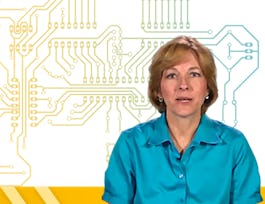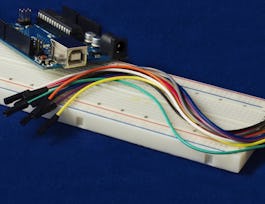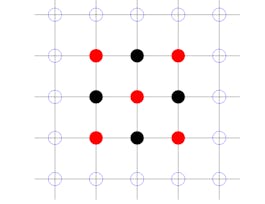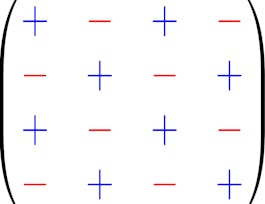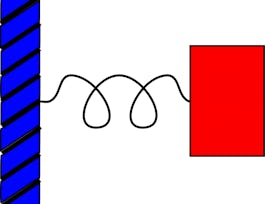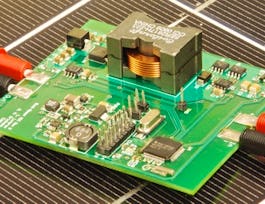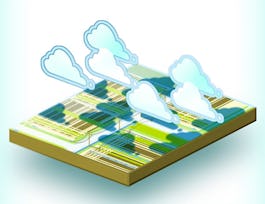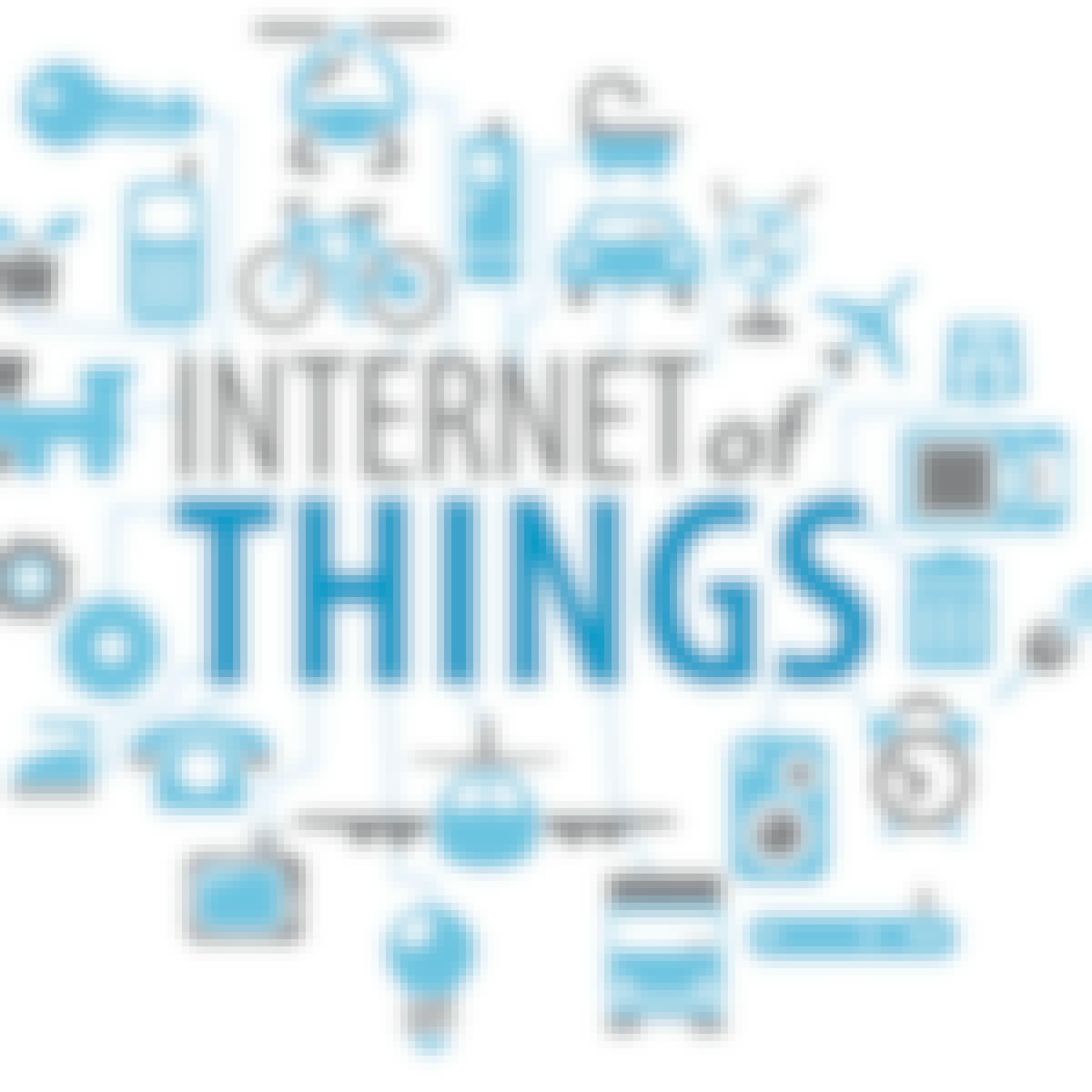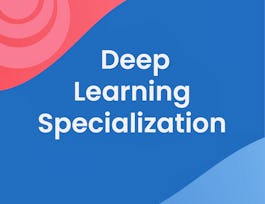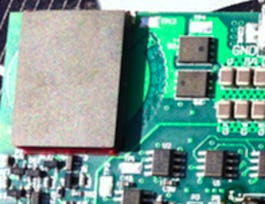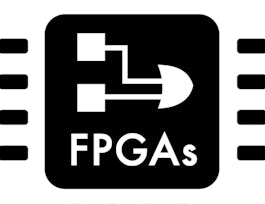- Explore
- Physical Science and Engineering
- Electrical Engineering
Electrical Engineering
Earn Your Degree
Most Popular Courses
Top Rated Courses
Explore and Create Internet of Things
Beginner Electrical Engineering Courses
Programming for Robotics
Most Popular Certificates
Frequently Asked Questions about Electrical Engineering
Courses span core foundations like circuits and signal processing, then progress to microelectronics, telecommunications, and power and control engineering. If you’re starting out, a course like Introduction to Electronics can help you build fundamentals before moving to advanced topics. The category page curates both general and specialized options so you can chart a path that fits your goals.
Popular beginner-friendly options include Introduction to Electronics, Electric Power Systems, and Wireless Communications for Everybody. Learners interested in embedded systems can start with Introduction to Embedded Systems Software and Development Environments. These courses focus on core concepts with approachable math and hands-on examples.
For deeper study, consider Specializations like Power Electronics, Advanced Embedded Linux Development, or Self-Driving Cars. These multi-course programs help you build job-relevant skills through structured, project-based learning. They’re designed to take you beyond fundamentals into industry-focused applications.
Yes—options include the University of Colorado Boulder’s Master of Science in Electrical and Computer Engineering. Related pathways include Dartmouth’s Master of Engineering in Computer Engineering and UC Berkeley’s Master of Advanced Study in Engineering. These programs let you study online and earn a university-issued credential.
No—this category offers beginner, intermediate, and advanced options, so you can start at your current level. If you’re new to the field, begin with introductory courses and move into more specialized areas as you gain confidence. Program pages list recommended background to help you choose the right starting point.
You can choose from Guided Projects, individual Courses, Specializations, Professional Certificates, MasterTrack Certificates, and Degrees. Courses and Specializations are ideal for skill-building, while MasterTrack and Degrees offer university-issued credentials in a modular online format. This variety lets you match the time commitment and depth to your goals.
Acquiring skills in electrical engineering through Coursera can open up various career paths across multiple industries:
- Electrical Engineer: Design and develop electrical equipment, including control systems, telecommunications, and power generators.
- Systems Engineer: Oversee the integration of complex electrical systems and ensure they meet operational requirements.
- Renewable Energy Engineer: Focus on developing and optimizing renewable energy solutions such as solar and wind power.
- Electronics Engineer: Work on the design, testing, and manufacturing of electronic devices and systems.
- Project Manager: Manage projects within engineering firms, ensuring that electrical projects are completed on time and within budget.











